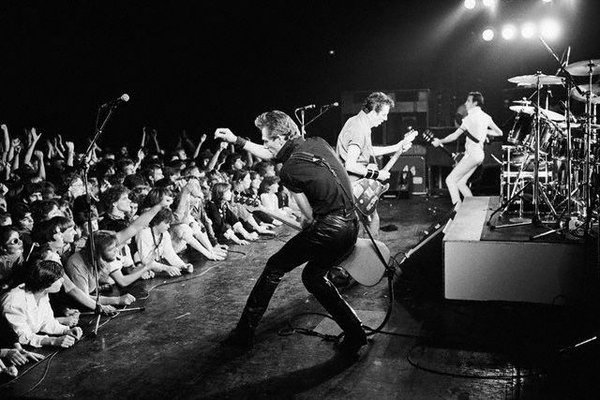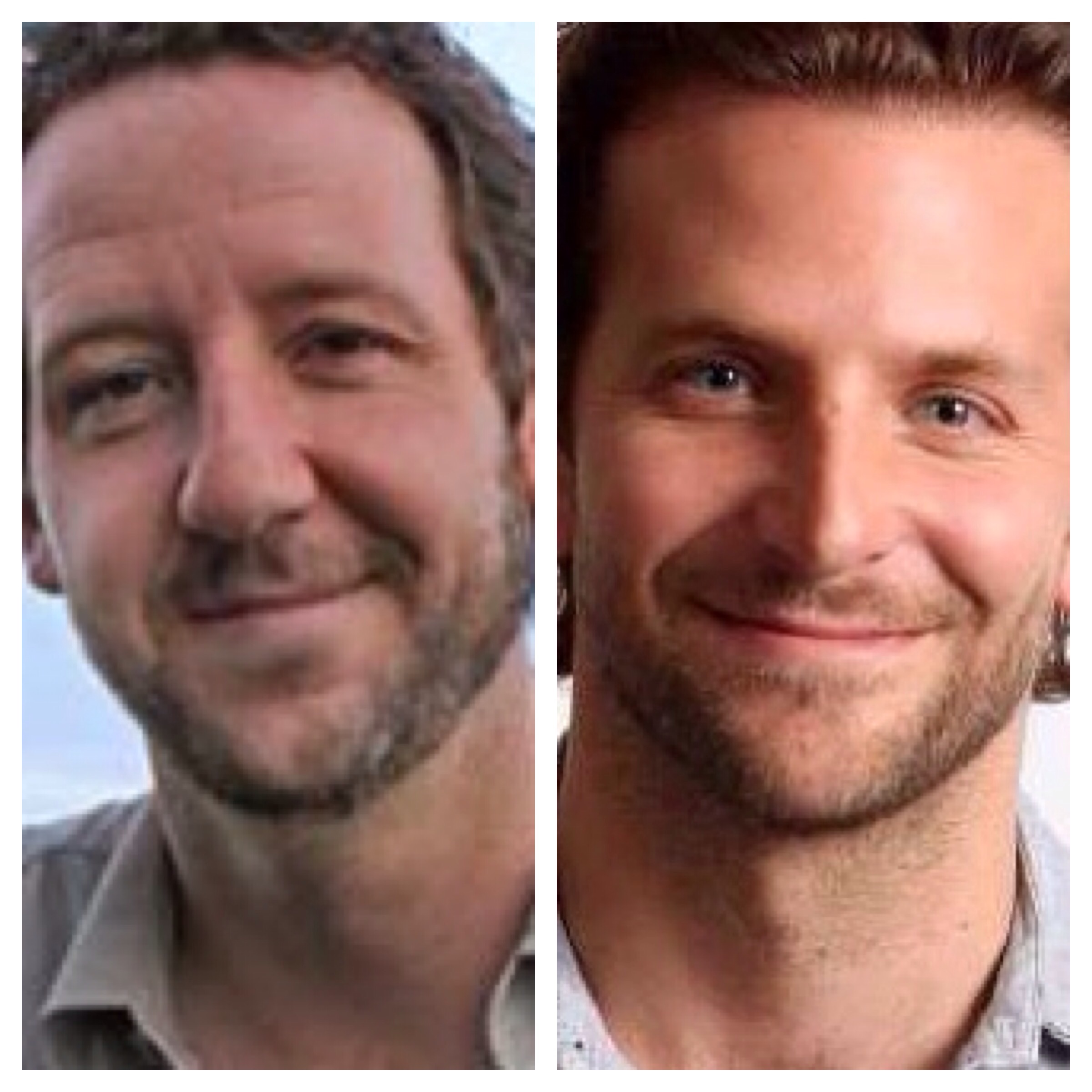In this week’s Hill Times: what to do, what to do?
What to do, what to do?
Mae West famously said it best: an ounce of performance is worth a pound of promises. So what to make of the many — many — promises Justin Trudeau’s Liberals made during the election campaign?
By any standard, Trudeau proffered plenty of pledges. He did so, perhaps, because of the length of the campaign — it was a marathon, after all, and Trudeau needed announceables to fill up all that empty air. Or he did so because he — like most everyone — expected he would first become leader of the Opposition, not Prime Minister. And therefore not obliged to immediately make good on anything he promised.
Or — qu’elle surprise! — Trudeau said what he said because he believed in what he was saying — his promises were what Brian Mulroney once called “sacred trusts” — and he planned to make good on all of ’em.
Whatever the motivation, Trudeau is mere hours away from becoming Canada’s 23rd prime minister. And stakeholders and interest groups are already forming a line-up outside the Langevin Block, hands extended, expecting the Liberal leader to do what he said he was going to do.
There is a problem, perchance. Team Trudeau gave timelines for many of their promises — and the timelines are tight. Herewith, then, a look at some of the bigger Liberal promises, and the fate they are likely to meet.
Syrian refugees: Mid-campaign, the Liberals — like the New Democrats and the Conservatives — promised to accept Syrian refugees. Trudeau said be would bring 25,000 to Canada before Christmas. Refugee aid groups, however, have said it couldn’t be done — and that no one would fault Trudeau for taking an extra year to do it right. Trudeau, however, is undeterred: he’s giving every indication he intends to press ahead. If he pulls it off, Trudeau will be a candidate for a Nobel Prize — but if he doesn’t, no one will be able to fault him for trying.
Doctor-assisted suicide: Or doctor-assisted dying, as some call it. Whatever the nomenclature, the issue is steeped in emotion and political downside. Even worse, the Supreme Court has given the federal government only until February to craft a new law to permit it. Already, Trudeau’s officials are wisely signalling they need more time. As with the Syrian refugee file, few would be angry at Trudeau for needing more time to craft a response to an issue that, inevitably, displeases one constituency or the other.
Repeal parts of C-51: Very few of us defended Trudeau’s stance on the anti-terror law — but we felt that if Canada has laws criminalizing hate and genocide, we should also have laws criminalizing their bastard sibling, terrorism. To his great credit, Trudeau stuck to his guns on C-51. Making changes to the bill is easily done — and a reference to the aforementioned Supreme Court is both logical and constitutional, as well.
Launch inquiry into murdered and missing aboriginal women: In opposition, calling for inquiries is de rigueur. But, from the government side of the Commons, enthusiasm for such commissions is usually hard to find — they almost always take too long, cost too much, and satisfy too few. As a father to an aboriginal daughter, I fear the main finding, about the perpetrators, will be used to further stigmatize aboriginal communities. Trudeau may find that calling this inquiry is much easier than receiving its final report.
Reinstate long-form census: Easily done, and with a stroke of a pen, too. The Conservatives took a massive hit on this issue, and Trudeau can only benefit from bringing the long-form census back.
Pull out of Obama’s anti-ISIS force: Trudeau told the U.S. President about his intentions in their very first discussion — and Obama apparently “understood.” In the fullness of time, will the pullout oblige Canada to take on a more militaristic role in a future, less-popular conflict — as Jean Chrétien’s refusal to join the U.S. invasion of Iraq persuaded Paul Martin to later put our troops in harm’s way in Afghanistan? Time will tell.
Restore home mail delivery: I wrote two years ago that the Harper government’s willingness to scrap home mail delivery would greatly hurt them with their key constituency, seniors — and it did. Already, Trudeau’s big win has had a positive effect: Canada Post has halted its no-home-delivery plan.
Legalize marijuana: Another one that is easier to promise than it is to do — will U.S. officials use the change to make it even tougher to cross the border? Already, American officials are signalling as much. Trudeau needs to ensure legalized pot isn’t used as a pretext to create yet more barriers to trade and tourism.
Ratify TPP: During the last two weeks of the campaign, the Liberal leader skillfully avoided echoing Tom Mulcair’s angry anti-TPP rhetoric. He’s therefore preserved breathing room for his government to ratify, with possible strings attached — and particularly to address the legitimate concerns of smaller Canadian auto part suppliers.
The list could go on, but we’ve run out of room.
And that, perhaps, is Justin Trudeau’s biggest challenge of all: he made many promises during the election campaign but, sometimes, not every promise can be kept.
How Trudeau manages expectations, and how he addresses the inevitable disappointments, will ultimately determine the fate of his government.
As no less than Mae West said: what matters most is the performance, not the promise.




